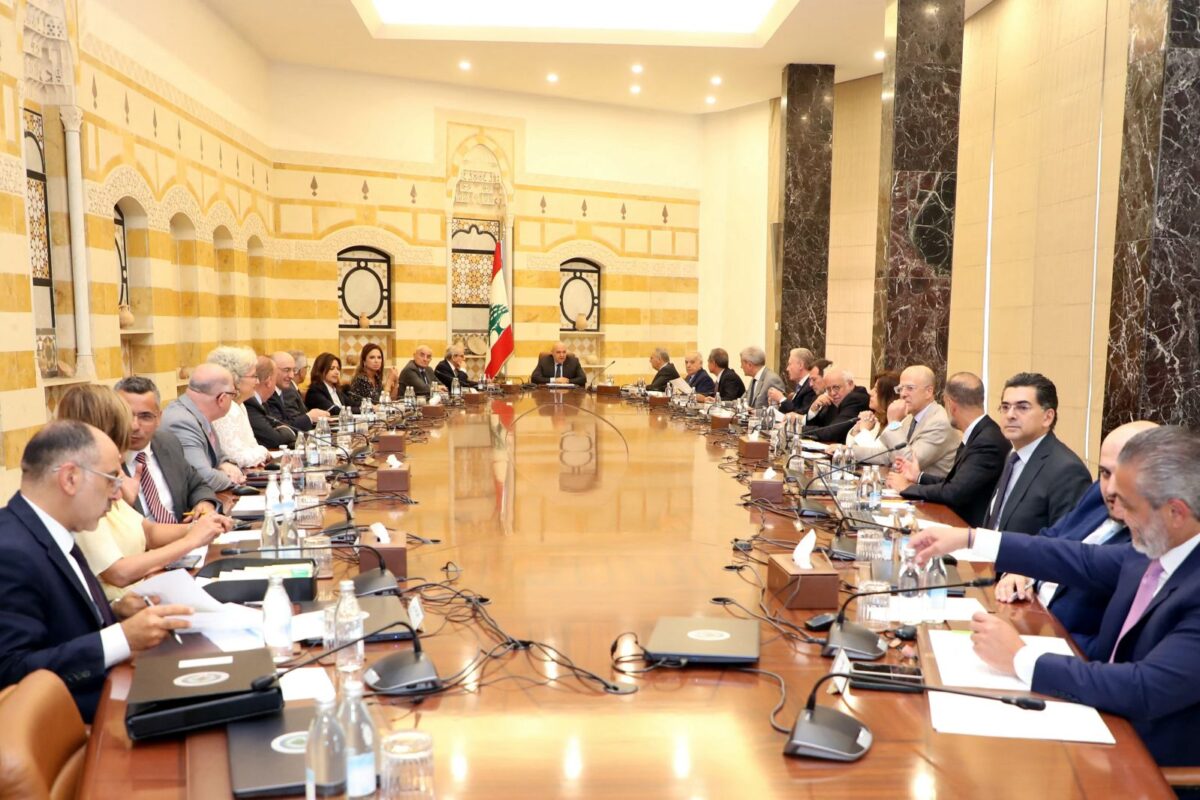
Reformists wanted a Shia voice in government who would not fold to the Duo. But realistically, any Shia minister today — even openly anti-Duo — faces enormous pressure. In the South and Dahieh, and even in Beqaa, social ostracism can make life unbearable. Hezbollah’s media machine brands dissenters as traitors. Family and community ties make it costly, sometimes even dangerous, to “stand against your people”.
So when critics say that Fadi Makki should have resigned if he could not do the job, the question becomes: replaced with who? Who can survive politically, socially, and physically in that seat? This is not about one man’s courage or cowardice. It is about a political reality where dissent is punished, and where any Shia official who dares to challenge Hezbollah and Amal risks isolation at best and obliteration at worst.
The debate over Makki’s resignation is the wrong debate. The real question is why reformists have failed to influence the Shia street in ways that could make dissent survivable. It is not true that no Shia alternatives exist. Over the years, there have been political groups and civic movements within the community that tried to present a different vision. Shia figures in national cross-sectarian parties — from sovereignty fronts to civic reformist lists — have also spoken out against the arms and for a stronger state. These efforts are genuine and must be recognized.
Yet the uncomfortable truth remains: the prototypical Shia citizen today still identifies their security, dignity, and survival with the Duo, even if they grumble about corruption or express quiet frustration. Despite the presence of Shia reformist voices, the broader narrative remains monopolized. Those who dare to speak differently rarely shift the mainstream. The Duo has succeeded in fusing political loyalty with communal identity, such that to stand against them feels like standing against your own people.
This is where the failure lies. Reformists have not managed to break through this wall of narrative control. They have spoken about sovereignty and disarmament, but they have not spoken in ways that influence regular Shia citizens who live daily with the scars of war and the fear of abandonment. They have not convinced the mother in Bint Jbeil that her son will be safer if Hezbollah disarms. They have not persuaded the merchants in Nabatieh that the state will provide him with protection and economic stability if the militias are gone. They have not reassured the young graduate in Dahieh that there is a future for him outside the party’s networks.
The point is not that Shia citizens are blind or incapable of imagining a Lebanon without militias. The point is that reformists have failed to address them directly, to shape messages that meet them where they are, and to present credible guarantees that disarmament will not mean humiliation or vulnerability. Even those Shia who dislike Hezbollah often insist that if the arms are to go, they must go with something in return; security guarantees, economic investment, and a recognition of their sacrifices. Reformists, instead, have offered slogans.
That is why Makki’s dilemma was predictable. You cannot expect a minister, whether technocrat or political, to carry a burden that reformists have not helped to share with the very people he claims to represent. Without influence over the Shia street, any minister in his place would fold under pressure or be crushed by it. And critics will keep demanding resignations without realizing that the real failure lies not in the minister but in the broader reformist strategy.
Makki’s choice was controversial, yes. But the lesson is not about his personal resolve. It is about the absence of reformist penetration into Shia public opinion. Until reformists learn to influence regular Shia citizens — not just speak at conferences, not just appeal to their own bases, but actually engage those who still see the Duo as their shield — every Shia voice in government will face the same fate.
The question, then, is not “who replaces Makki”. The real question is whether reformists will finally accept that winning Lebanon back requires winning Shia hearts and minds, one family and one village at a time. Until then, the cycle will repeat: a lonely minister, a storm of backlash, and another missed opportunity to open real space for Shia plurality in Lebanon’s politics.
Ramzi Abou Ismail is a Political Psychologist and Senior Research Fellow at the Institute for Social Justice and Conflict Resolution at the Lebanese American University.
The views in this story reflect those of the author alone and do not necessarily reflect the beliefs of NOW








